The 500-odd farmers of Gurha Kumawatan, a village in arid Rajasthan, are now millionaires thanks to polyhouse farming. Their hard work, innovation and unlimited ambition offers a path to prosperity for others in India.
Globally, jackfruit is a superfood, and a hot new vegan substitute for meat. India, the home of jackfruit and its largest producer should look to profit from the trend.
 TR Vivek
TR Vivek 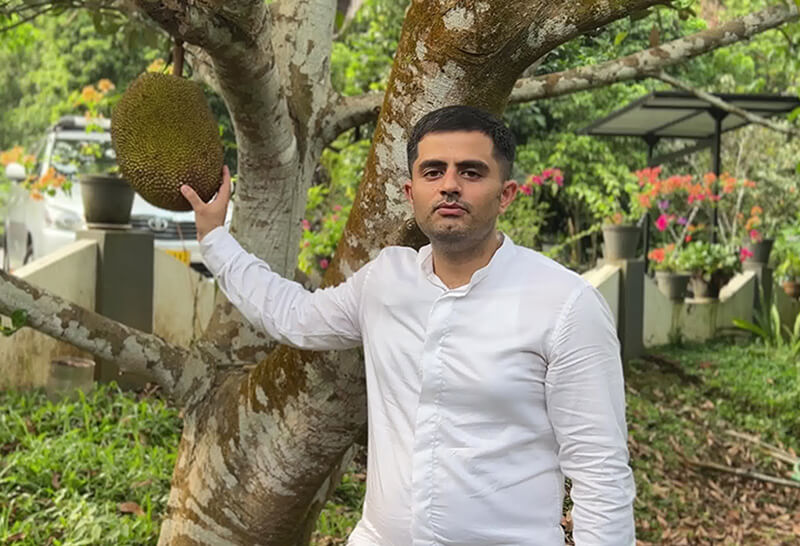
Like most young people born and raised in Jharkhand, Aman Chhabra, 31, was determined to find the escape velocity required to pull out of the state’s dark gravitational forces that could ground even modest ambition.
Being a bright student, he managed to attend Delhi’s prestigious Shriram College of Commerce. Post graduation, when he was expected to become a part of the family business running a hotel in Ramgarh, a town in central Jharkhand, Chhabra chose a career in event management instead.
His small but profitable startup organized flashy weddings for the super-rich in Mumbai and Delhi where A-list artistes performed and fine wine flowed from faucets. But the business couldn’t survive the crippling effect of Covid-19 in 2020. The search for a business idea that could survive such unforeseen shocks, and in sync with his own newfound life-motto of minimalism drove him to seek shelter under the copious, cool canopy of the jackfruit tree.
Under the jackfruit tree
Chhabra has joined the burgeoning corps of food entrepreneurs that wants to rekindle India’s love for the spiky, smelly, latex-laden sticky jackfruit.
His latest startup Kathalfy, seeks to simplify the consumption of jackfruit, called kathal in Hindi, in the form of ready-to-eat vegan packaged foods such as patties, keema masala, jackfruit makhni and assorted Indian curries.
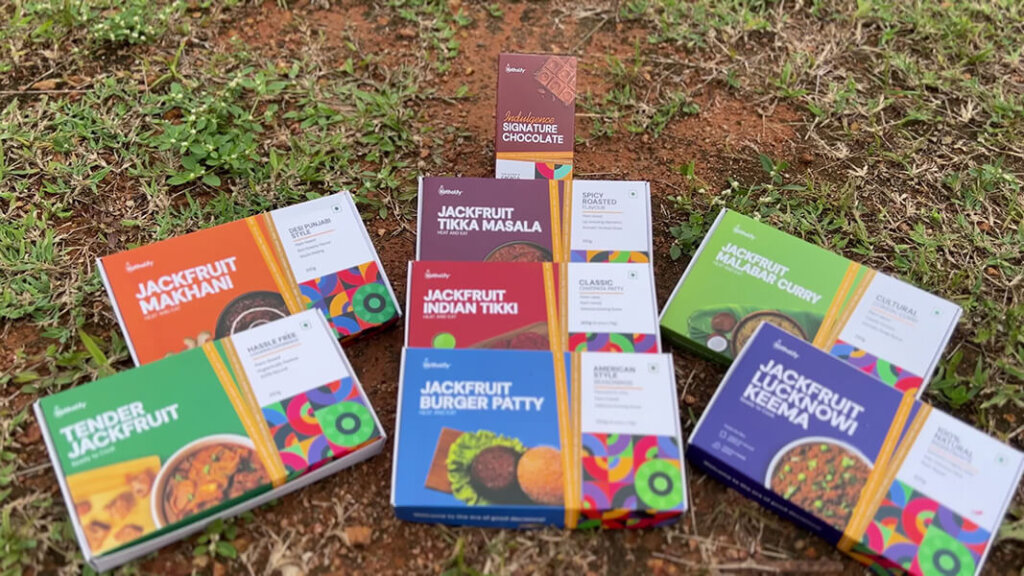
Even if Chhabra had successfully plotted his way out of a state whose brazenly corrupt polity is a graveyard of entrepreneurial activity, memories of childhood were harder to shed.
“I grew up amidst jackfruit trees. Jackfruit was staple food. When I was researching sustainable business ideas, I realised India wastes almost Rs 2000 crore worth of jackfruit simply because we don’t know what to do with this abundance,” says Chhabra clad in a tight white Chinese-collar shirt, buttoned down to the wrist, a pair of denims and white sneakers, and hair cropped so short and sharp as to make his square jaw lend a rectangular shape to his face.
In recent years, jackfruit’s stock as a ‘superfood’ has skyrocketed globally.
There is increasing scientific evidence of jackfruit’s health benefits. A 100g serving of steamed, raw jackfruit has 40% less carbohydrates and up to four times more fibre than chapatis made from the same amount of wheat flour. The seeds in the jack pods contain a great deal of protein.
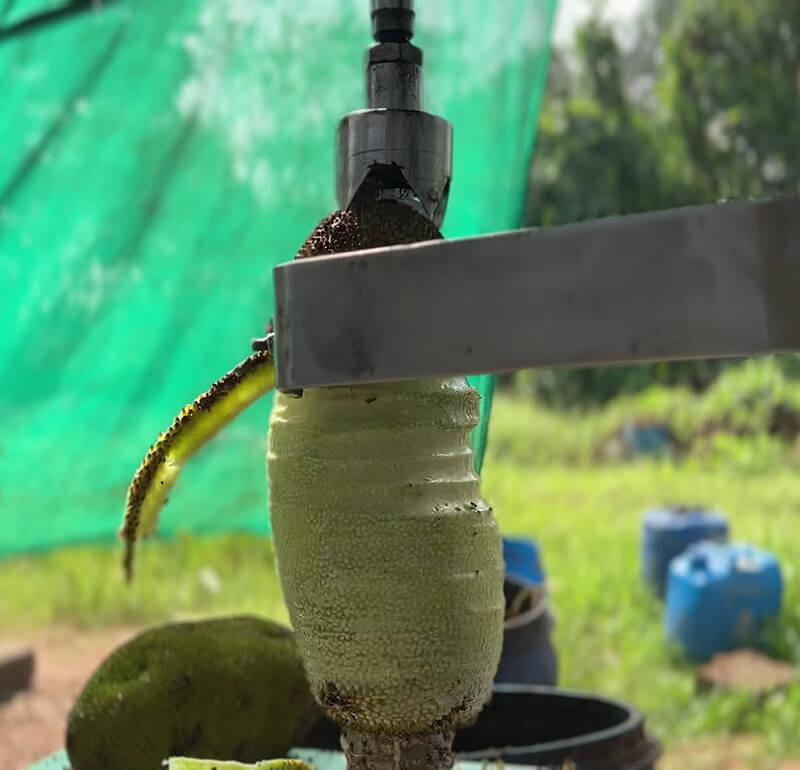
But even in India, the home of the jackfruit, the biggest tree-growing fruit in the world, Indians find it a nasty fruit. North Indians hate the ripe fruit for the smell they find unpleasant and, erm, reminiscent of excrement. In the south, jackfruit has an exalted status. According to ancient Tamil literature, it is part of the divine troika of fruits alongside mango and banana; its wood is used to make the mridangam. Yet, India wastes more than half of its two million tonnes of annual jackfruit output that leaves farmers with no option to treat it as a weed and chop the trees down.
Chhabra travelled around every major jackfruit mandi in India from Panruti in Tamil Nadu to Tumakuru in Karnataka to understand the fruit’s supply chain. He met up with scientists at the India Council for Agriculture Research (ICAR) and Central Food Technology Research Institute (CFTRI) working not only on developing new varieties of jackfruit but also processing to make it more industry and consumer friendly. While their work such as making chocolates out of jackfruit seeds that was called ‘Jackolate’ (we’ll leave you to judge branding) was interesting, no entrepreneur or business was keen on licensing the products and taking them to market.
Even if jackfruit grows prodigiously across peninsular India, especially along the coast, it is only Kerala that understands its many uses from the raw to ripe form, and has the capacity to process it at scale.
In Kerala, thinly sliced and steamed raw jackfruit is sometimes used as a healthier, fibrous carbohydrate alternative to rice.
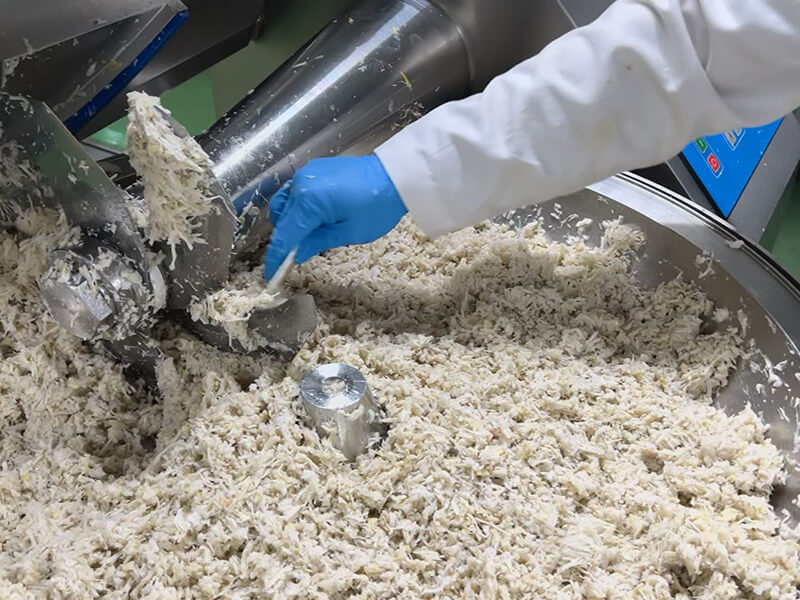
Not surprisingly, James Joseph, another Kerala entrepreneur, has built a venture selling raw jackfruit flour under the brand Jackfruit 365 based on its ability to help diabetics.
Raw jackfruit chunks in the hands of a clever cook can be made to mimic pulled pork, or meat in a biryani. Chhabra’s quest for a contract manufacturer who could make ready-to-eat jackfruit products to his recipe brought him to a giant 20-acre food processing hub in Kerala’s picturesque Kolanchery town 30km to the east of Kochi.
Synthite, a large and local private firm with a long history of trading in spices grown in the Malabar coast, has set up what in marketing-speak it calls a ‘Taste Park’ in Kolanchery amidst ageing rubber plantations, a church at every bend of the hill-tract, and giant granite bungalows whose owners prefer to stay in Dubai or Denver, Colorado, US, than here. The dry January air can transmit the smell of instant noodles masala to anyone within a 3km-radius of the ‘Taste Park’. And for good reason. Synthite and its subsidiary Symega operating out of the ‘Park’, that makes Chhabra’s ready-to-eat jackfruit gravies, also produces spice blends, sauces, mayonnaise, and savoury processed foods for any major multinational brand you can think of.
According to Santosh Stephen, the managing director of Symega foods, a Rs 500-crore food processor, jackfruit-based, vegan ready-to-eat kebabs and curries is a huge market for his company globally. While a startup like Chhabra’s Kathalfy is merely seeding the market in India, large supermarket chains in US, Europe and Canada already sell seekh kebabs, samosas and cutlets made and packaged by Symega.
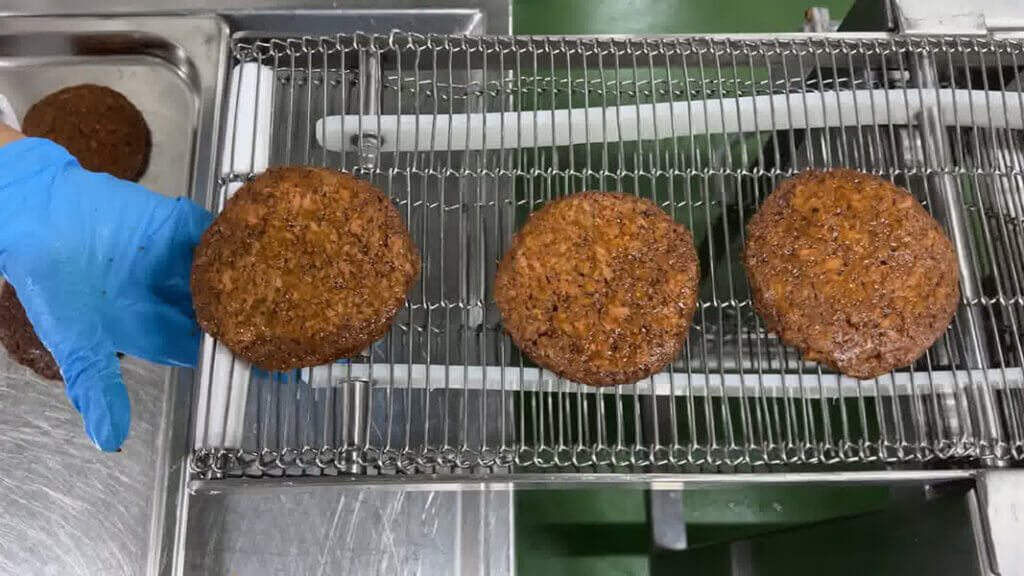
During the peak processing season for raw jackfruits between December and June, farmers can make up to Rs 30 a kg. While a ripe jackfruit can weigh as much as 15kg, the the raw form its only about a 3kg at best and its easy to transport, handle and process.
“The market for jackfruit products is huge globally. We have set up a dedicated division for plant-based foods made of jackfruit for our global customers,” says Stephen, a loyal Montblanc customer who uses the German luxury brand’s flagship Meisturstruck 149 fountain pens, belts and wallets.
For Chhabra, though, this seems the right time to make the abundantly available jackfruit more relatable to Indians without forcing them to change their palate.
“This can be a win-win for consumers and farmers. Why should we follow the West, when we have the raw material and knowledge to make jackfruit into the next big thing,” says Chhabra.
The humble jack might need government-led marketing campaigns like for millets for lift-off.
The 500-odd farmers of Gurha Kumawatan, a village in arid Rajasthan, are now millionaires thanks to polyhouse farming. Their hard work, innovation and unlimited ambition offers a path to prosperity for others in India.